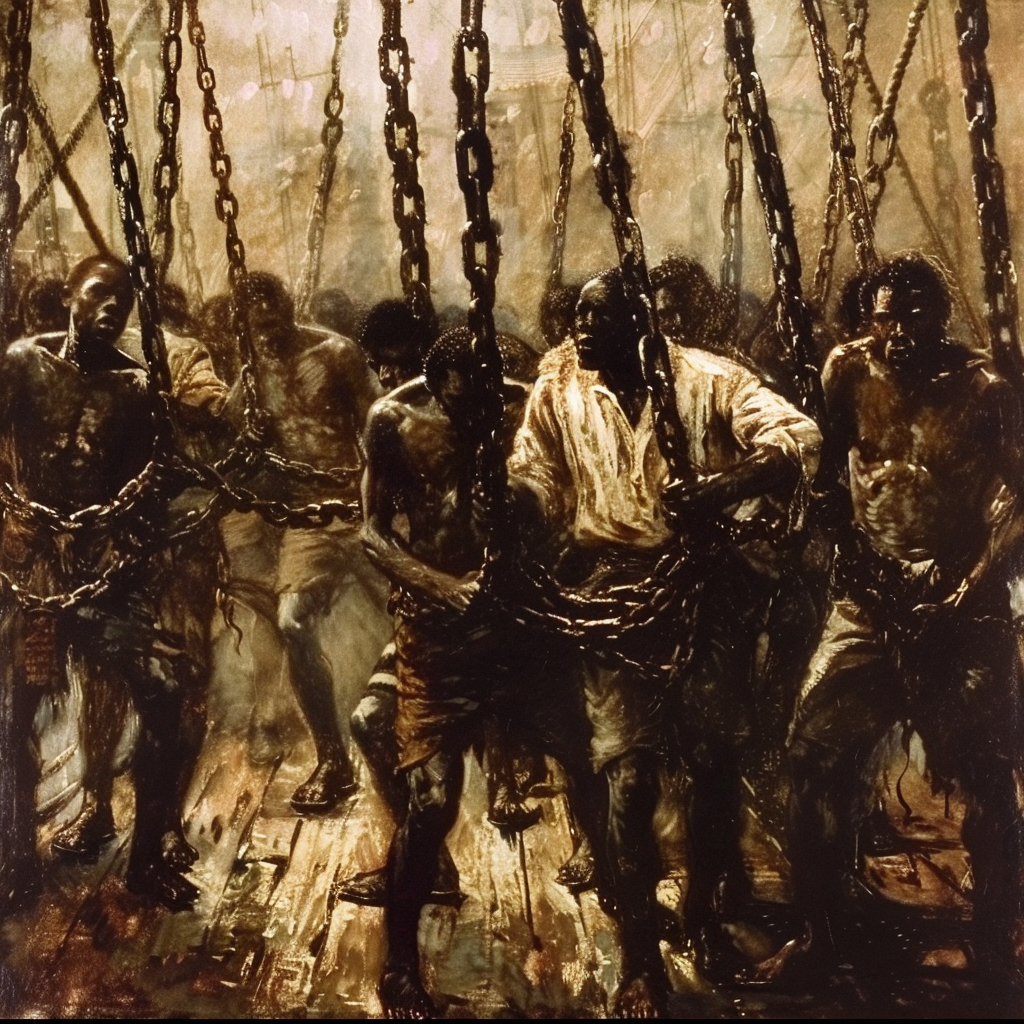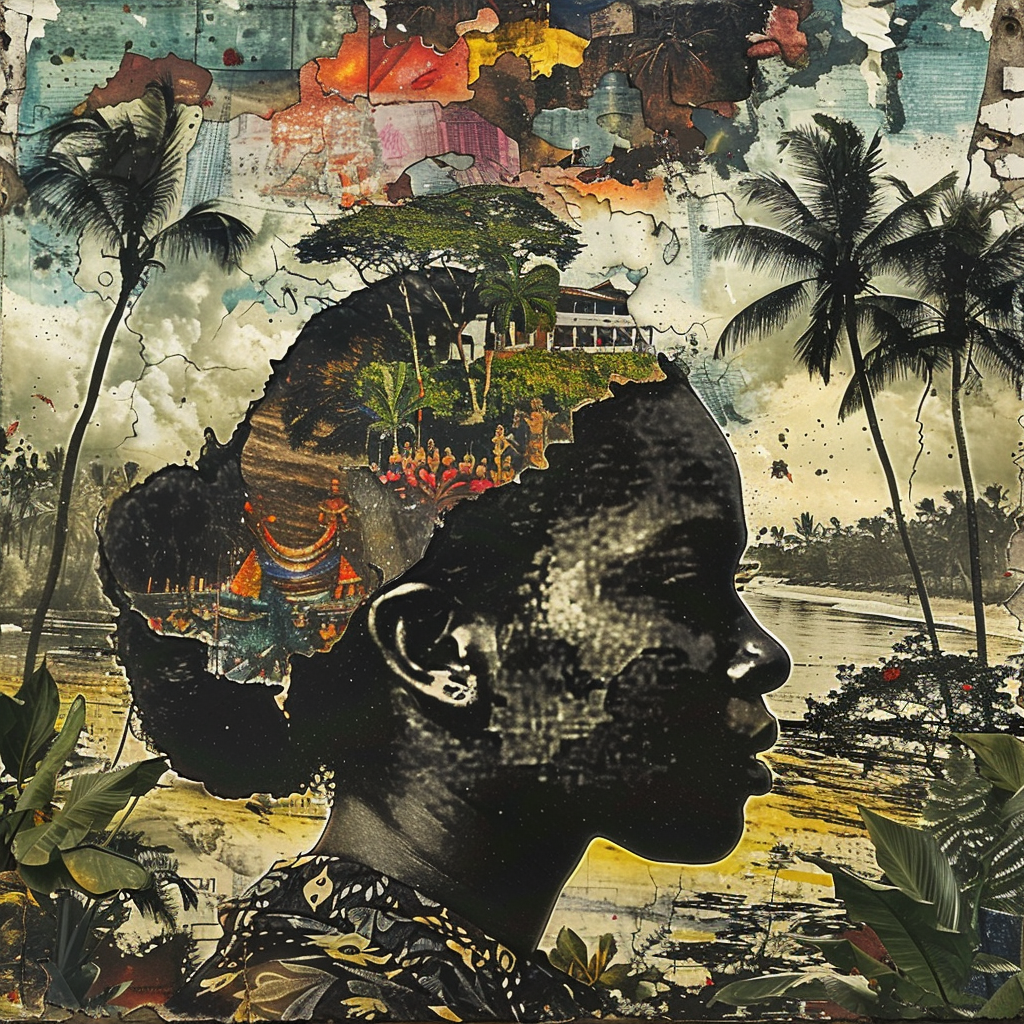Hey there! Today, we’re delving into a heavy topic, but it’s essential to understand the impact it had on African societies and the Americas: the Transatlantic Slave Trade. Brace yourself for a journey through history that’s both heartbreaking and eye-opening.
How It All Began
Okay, picture this: It’s the 15th century, and European explorers are setting sail to find new trade routes. Along the way, they stumble upon the West African coast. Now, instead of just trading goods like spices and gold, they encounter something else entirely: human beings, captured and ready to be sold.
The Scale of the Trade
You won’t believe how massive this thing got. Over the next few centuries, millions of Africans were forcibly taken from their homes, packed like sardines onto ships, and shipped across the Atlantic Ocean to the Americas. We’re talking about a staggering number here – estimates say anywhere from 12 to 12.8 million Africans were enslaved and transported during this period.
The Impact on African Societies
Now, imagine the chaos and devastation this caused back in Africa. Entire communities were torn apart as husbands, wives, and children were forcibly separated from each other. It wasn’t just about losing people; it was also about losing skills, knowledge, and cultural heritage.
And let’s not forget about the economic impact. With so many able-bodied men and women taken away, local economies were disrupted, and societies struggled to recover.
The Impact on the Americas
Meanwhile, across the ocean, the Americas were being transformed in unimaginable ways. The labor of enslaved Africans fueled the growth of industries like sugar, tobacco, and cotton. But at what cost? Enslaved people endured unimaginable suffering – forced labor, brutal punishment, and the constant threat of violence.
Yet, despite the cruelty they faced, enslaved Africans resisted in countless ways – through rebellion, escape, and the preservation of their cultural heritage.
Legacy and Lessons Learned
The Transatlantic Slave Trade may have ended long ago, but its legacy continues to shape the world we live in today. It’s a stark reminder of the horrors of slavery and the resilience of those who endured it. But it’s also a call to action – to confront the injustices of the past and work towards a more just and equitable future.
So, the next time you hear about the Transatlantic Slave Trade, remember the millions of lives that were forever changed by it – and let it inspire you to strive for a better world, where freedom and dignity are rights afforded to all.



